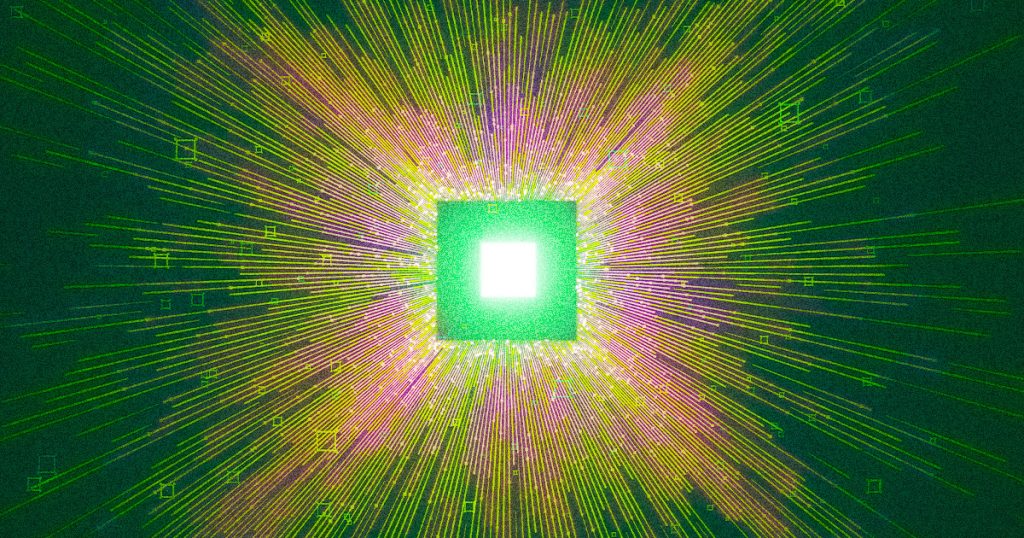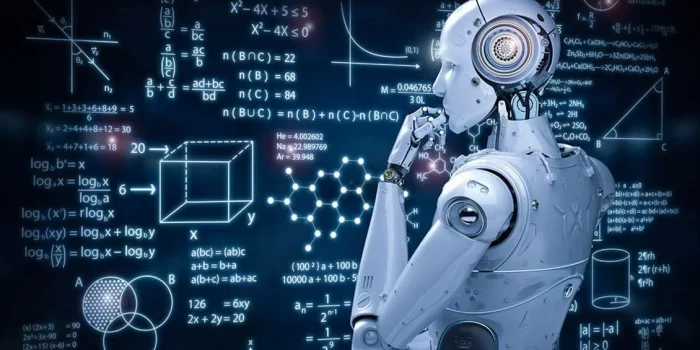In technology, “singularity” describes a hypothetical future where technological growth is out of control and irreversible. These intelligent and powerful technologies will radically and unpredictably transform our reality. Singularity would entail computer programs becoming so advanced that artificial intelligence (AI) surpasses human intelligence, potentially erasing the human-computer divide.
A group of Italian AI experts has developed a new method for calculating how far humanity is from reaching that point. “Language is the most natural thing for humans,” Marco Trombetti, CEO of the Italian AI startup Translated, said last year at a conference in Orlando, Florida.

Trombetti and his colleagues argue that because language is so natural for humans and has historically been so difficult for machines to grasp, the ability of machines to catch up with and even surpass humanity’s ability to translate language could be grounds for granting a machine that does so Artificial General Intelligence (AGI) status.
Trombetti’s startup says that we are seven years away from the singularity. This a bold conclusion, especially given that the startup is primarily interested in one number: “Time to Edit,” or the average time it takes top-performing human translators to “review and revise [machine-generated] suggested translations” in the input source languages.

According to translated, the best human translators edit in one second per word on average. Back in 2015, it took the same editors about 3.5 seconds per word to perform the same task for a machine-generated translation; by 2022, however, it only took them about 2 seconds. According to Translated, progress in language-translating AIs is not slowing down.
Translated’s AI showed a slow but undeniable improvement as it slowly closed the gap toward human-level translation quality.


